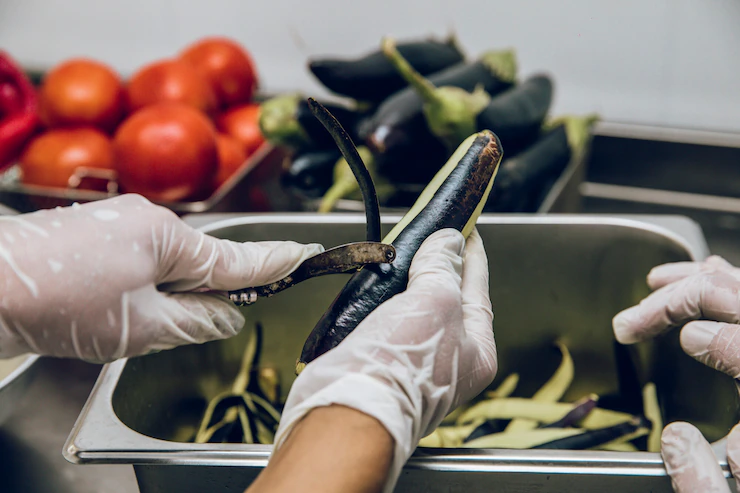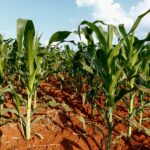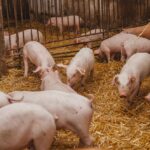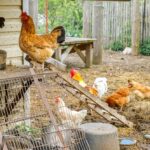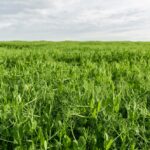- Legislation: South Africa has a comprehensive set of legislation governing food safety and traceability. The key legislation includes the Foodstuffs, Cosmetics and Disinfectants Act (Act 54 of 1972), the Agricultural Product Standards Act (Act 119 of 1990), and the Meat Safety Act (Act 40 of 2000). These laws establish standards and regulations for food safety and traceability throughout the agricultural sector.
- HACCP: Hazard Analysis and Critical Control Points (HACCP) is a systematic approach to food safety that is widely adopted in South Africa. HACCP helps identify and manage potential hazards in food production, processing, and distribution, ensuring that appropriate measures are in place to control these hazards and maintain food safety.
- Food Safety Standards: The South African Bureau of Standards (SABS) sets national standards for food safety, which are aligned with international standards. These standards cover various aspects of food production, including hygiene practices, quality control, labeling, packaging, and transportation.
- Farm-to-Fork Traceability: Traceability is crucial in ensuring food safety in South African agriculture. It allows for the identification and tracking of food products throughout the supply chain, from the farm to the consumer. By implementing traceability systems, authorities can quickly trace and recall unsafe or contaminated food products, minimizing health risks.
- Certification Programs: Various certification programs exist in South Africa to enhance food safety and traceability. The most recognized program is the South African Good Agricultural Practice (SAGAP), which sets guidelines for safe and sustainable agricultural practices. Other programs include GlobalGAP, Halaal, and Kosher certifications, which cater to specific market requirements.
- Regulatory Authorities: The Department of Agriculture, Land Reform and Rural Development (DALRRD) is the primary regulatory authority responsible for food safety and traceability in South African agriculture. Other relevant regulatory bodies include the National Agricultural Marketing Council (NAMC) and the South African Veterinary Council (SAVC).
- Food Safety Audits: Regular audits are conducted by regulatory bodies, certification agencies, and retailers to ensure compliance with food safety standards. These audits assess various aspects such as hygiene practices, record-keeping, pest control, and temperature control, among others.
- Laboratory Testing: South Africa has a network of accredited laboratories that conduct testing for food safety and quality. These laboratories analyze samples for microbiological contaminants, chemical residues, allergens, and other parameters to ensure compliance with safety standards.
- Consumer Education: Consumer education plays a vital role in promoting food safety and traceability. Various awareness campaigns and initiatives are carried out to educate the public about safe food handling practices, the importance of reading labels, and understanding the significance of traceability in ensuring food safety.
- International Trade: South African agriculture exports a significant amount of produce to various countries. To maintain market access, it is crucial for South African producers to comply with international food safety and traceability requirements imposed by importing countries. This includes adherence to international standards, proper labeling, and documentation of product origin and safety measures.
Join 'Farmers Mag' WhatsApp Channel
Get the latest Farming news and tips delivered straight to your WhatsApp
CLICK HERE TO JOIN
